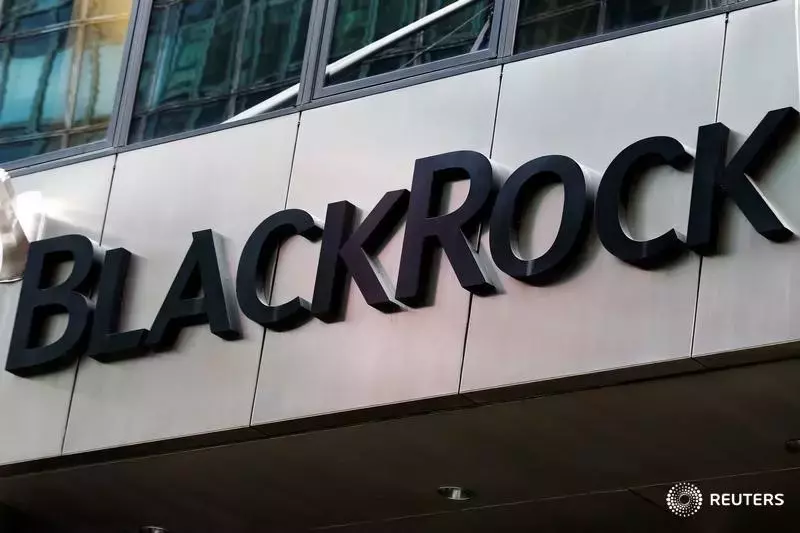
The concept of transforming traditional financial instruments into digital tokens is gaining momentum, with industry leaders envisioning a future where investing becomes more inclusive and accessible. Larry Fink, CEO of BlackRock, one of the world's leading investment firms, has highlighted the potential of tokenization to democratize investments in unprecedented ways. While this innovative approach promises to open up new avenues for investors, it also presents significant challenges, particularly concerning regulatory oversight and market impact.
Fink's remarks have sparked widespread discussion about the future of investment management and the role of blockchain technology in facilitating this transformation. The implications of tokenizing assets like bonds and stocks are far-reaching, potentially reshaping how individuals engage with financial markets. However, realizing this vision will require navigating complex regulatory frameworks and addressing concerns about market stability.
Empowering Investors Through Digital Transformation
The advent of asset tokenization could revolutionize investment accessibility by allowing a wider range of individuals to participate in the financial market. By converting traditional securities into digital tokens, barriers to entry may be lowered, enabling smaller investors to gain exposure to previously inaccessible investment opportunities. This shift could democratize the investment landscape, making it easier for people from diverse backgrounds to engage in wealth-building activities.
In practice, tokenization involves representing ownership of assets such as stocks or bonds through blockchain-based tokens. These tokens can be traded on digital platforms, offering greater liquidity and transparency. For instance, an investor might purchase fractional shares of a company or bond, which would previously have been out of reach due to high minimum investment requirements. Moreover, the use of smart contracts can automate various aspects of trading, reducing administrative burdens and enhancing efficiency. However, achieving these benefits will depend on securing regulatory approval from bodies like the SEC, which must ensure that tokenized assets comply with existing financial regulations.
Navigating Regulatory Challenges and Market Impact
While the potential advantages of asset tokenization are compelling, the path forward is not without obstacles. One of the most significant hurdles is obtaining regulatory approval, which is essential for ensuring that tokenized assets operate within legal boundaries. Regulatory bodies, including the SEC, will need to establish guidelines that balance innovation with investor protection and market integrity. The process of securing these approvals could be lengthy and complex, involving extensive consultations with stakeholders across the financial sector.
Beyond regulatory considerations, the broader impact on financial markets must also be carefully evaluated. Tokenization could introduce new levels of liquidity and efficiency, but it may also disrupt established market structures. For example, the ease of trading tokenized assets could lead to increased volatility, which could pose risks for both individual and institutional investors. Additionally, the integration of blockchain technology into the financial system could challenge existing intermediaries, such as brokerages and custodians, prompting them to adapt their business models. As discussions around asset tokenization continue, the financial industry will need to address these complexities to realize the full potential of this transformative technology.
